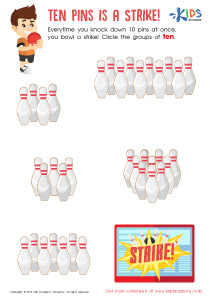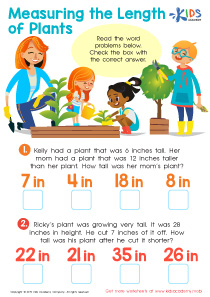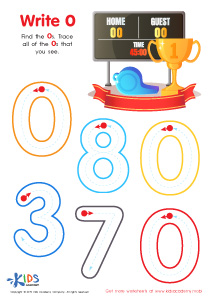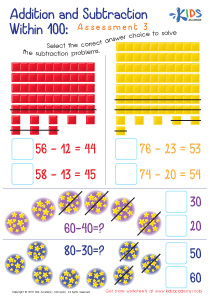Counting skills Easy Numbers up to 100 Worksheets for Ages 4-7
6 filtered results
-
From - To
Enhance your child’s counting skills with our "Counting Skills Easy Numbers up to 100 Worksheets," perfect for ages 4-7! These engaging and interactive worksheets are designed to help young learners develop number recognition, counting abilities, and essential mathematical foundations. Featuring colorful illustrations and age-appropriate exercises, your child will enjoy exploring numbers up to 100 while building confidence in their math skills. Each worksheet targets specific counting concepts, making learning fun and effective. Ideal for home practice or classroom activities, these printable resources ensure your little one becomes a counting pro in no time! Explore our collection today and watch them thrive!
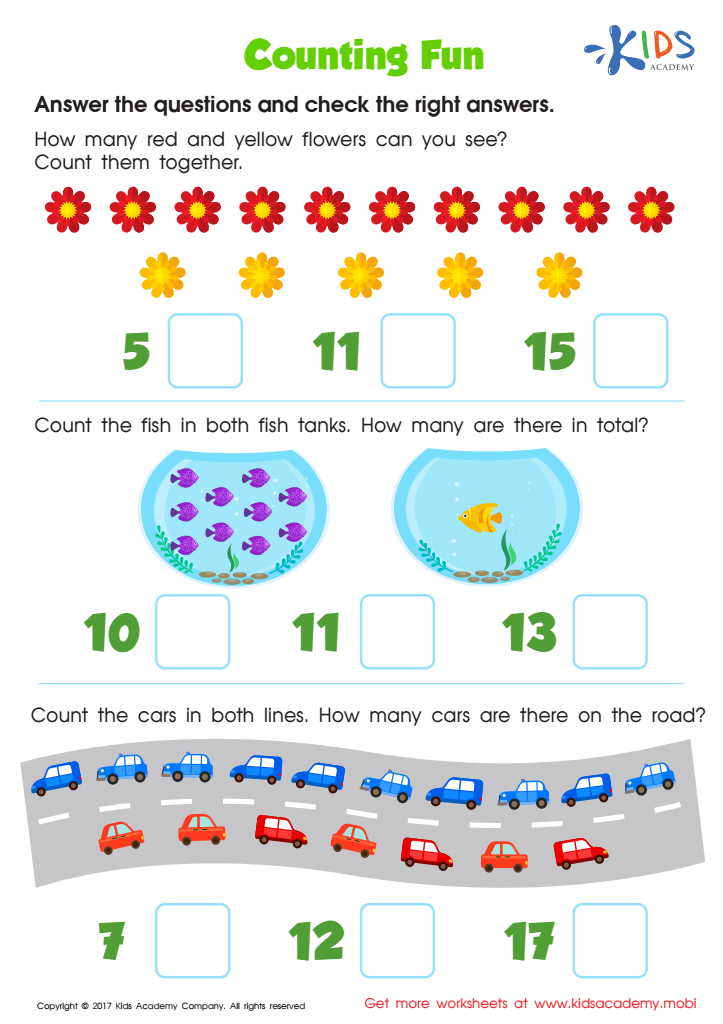

Counting Fun Worksheet
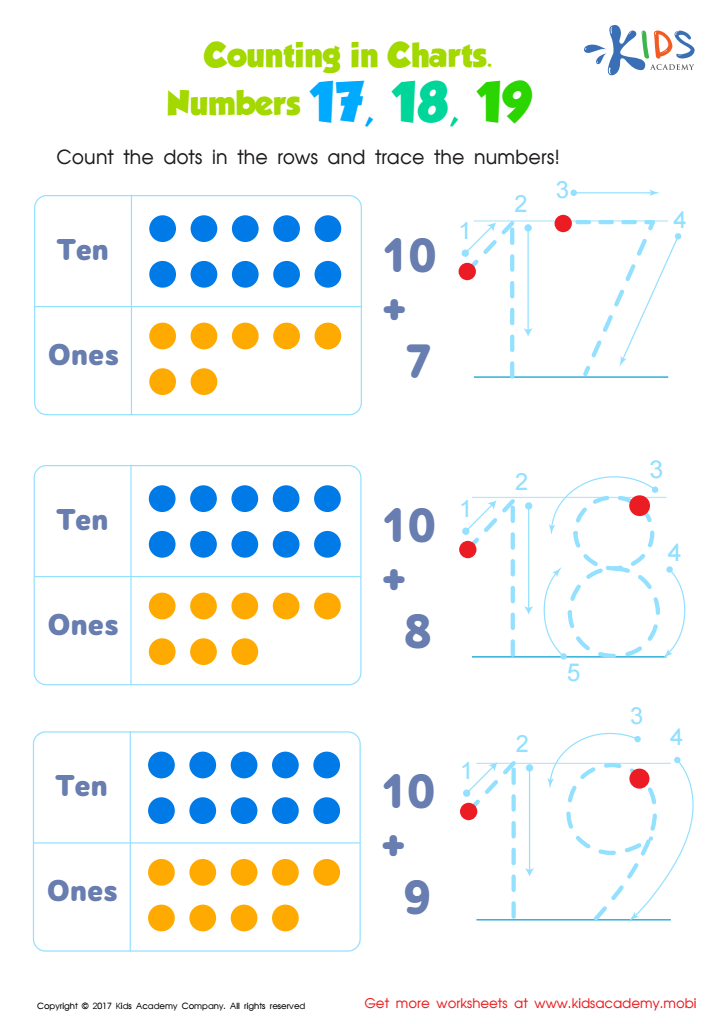

Kindergarten Number Tracing: Counting in Charts Worksheet
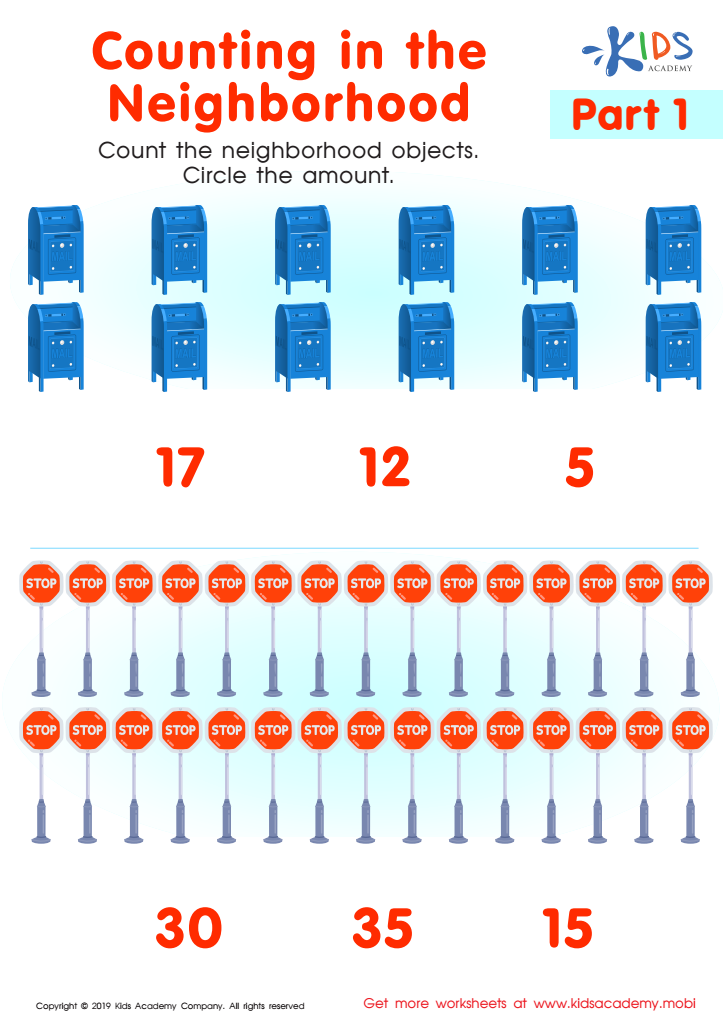

Counting in the Neighborhood Part1 Worksheet
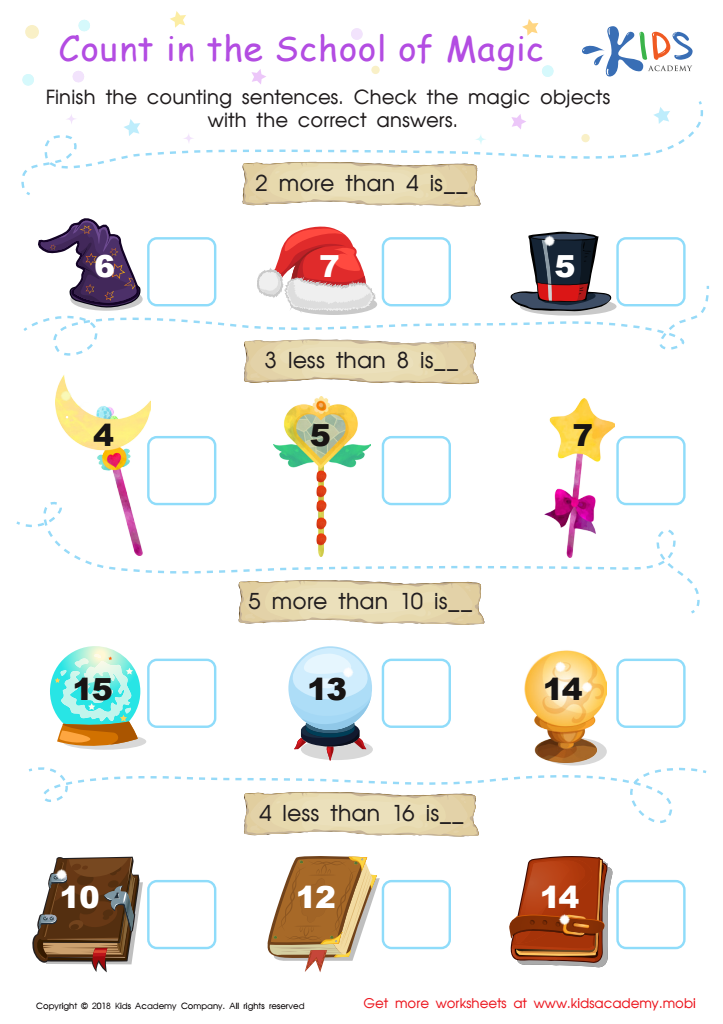

Count in the School of Magic Worksheet
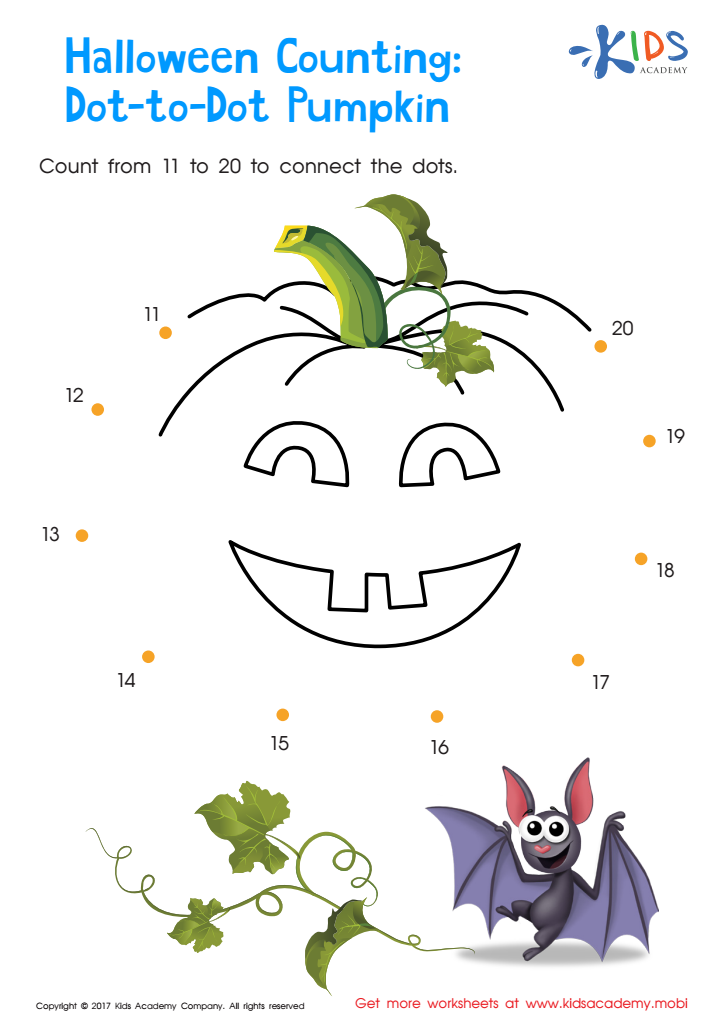

Ordering 11–20: Halloween Counting Worksheet
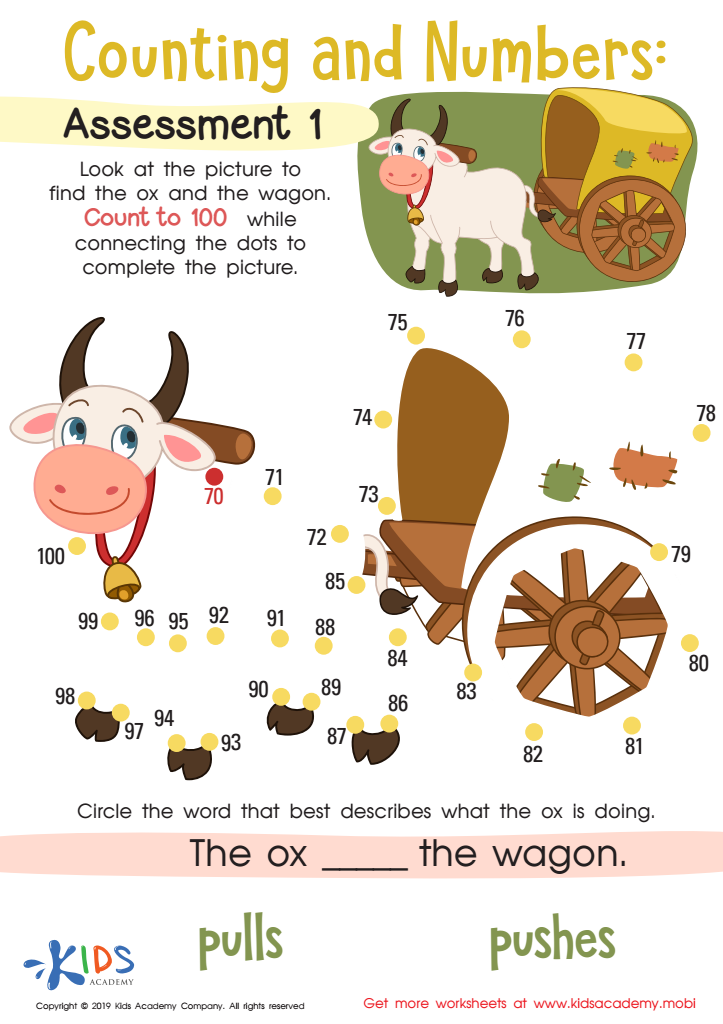

Counting and Numbers: Assessment 1 Worksheet
Counting skills are foundational for early mathematics and crucial for children's overall development. For children aged 4-7, mastering counting skills up to 100 sets the stage for more complex mathematical concepts later on. This period is critical for cognitive growth, as young learners are developing essential problem-solving and analytical skills.
When parents and teachers emphasize counting, they help children engage with numbers in a meaningful way—beyond rote memorization. Counting supports children in understanding quantity, sequence, and basic arithmetic operations like addition and subtraction. This knowledge reinforces number literacy and helps improve their ability to critically assess everyday situations, whether they’re discussing age, measurements, or budgeting a small allowance.
Moreover, counting skills contribute to a child’s confidence in math, an area some may find intimidating as they grow older. Fostering a positive attitude towards numbers can help mitigate math anxiety in later years. Lastly, parents and teachers play a crucial role in creating a supportive learning environment through fun, engaging activities that incorporate counting, ensuring children develop a strong mathematical foundation to thrive academically and socially. Emphasizing counting up to 100 nurtures a love for learning, equipping children with lifelong skills.

 Assign to My Students
Assign to My Students








